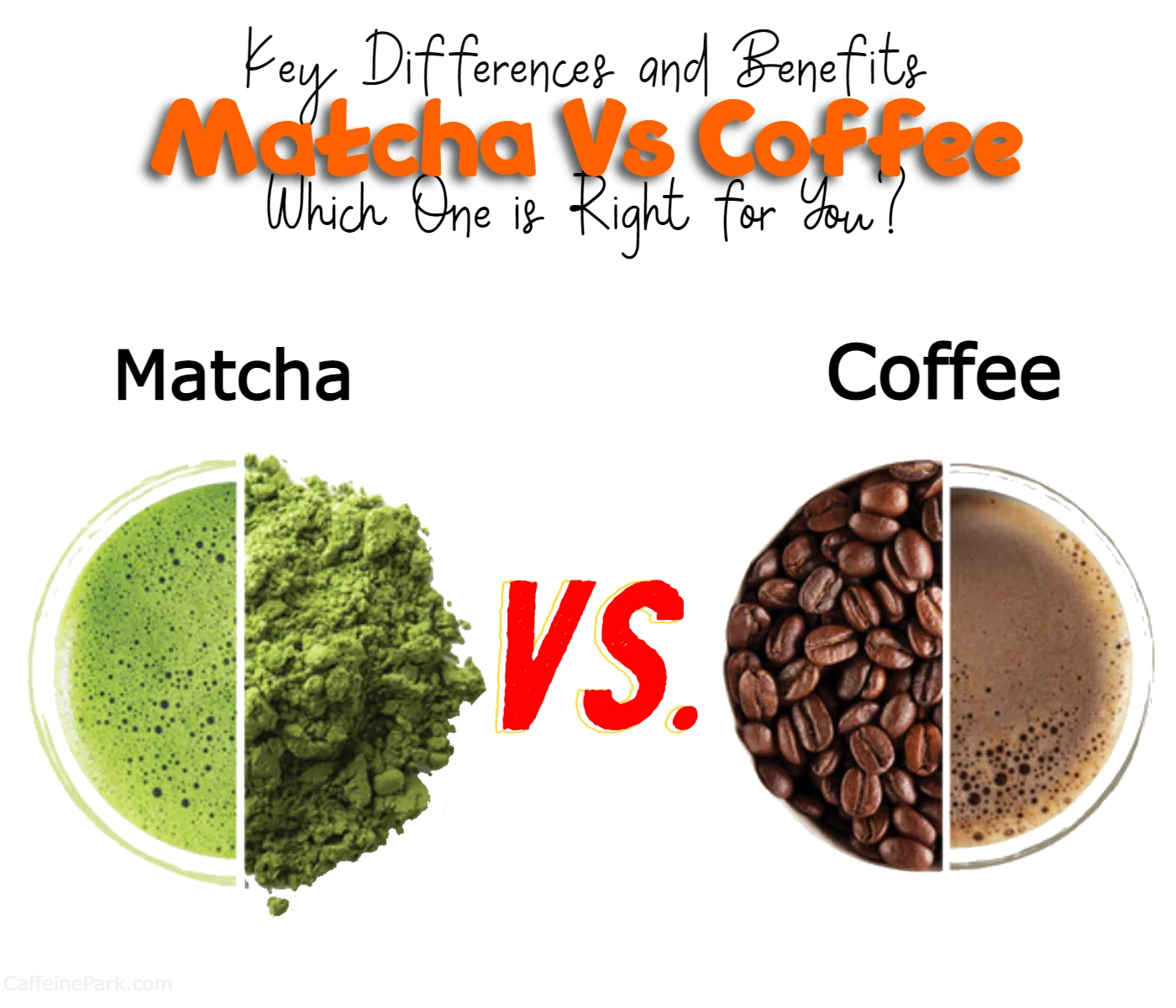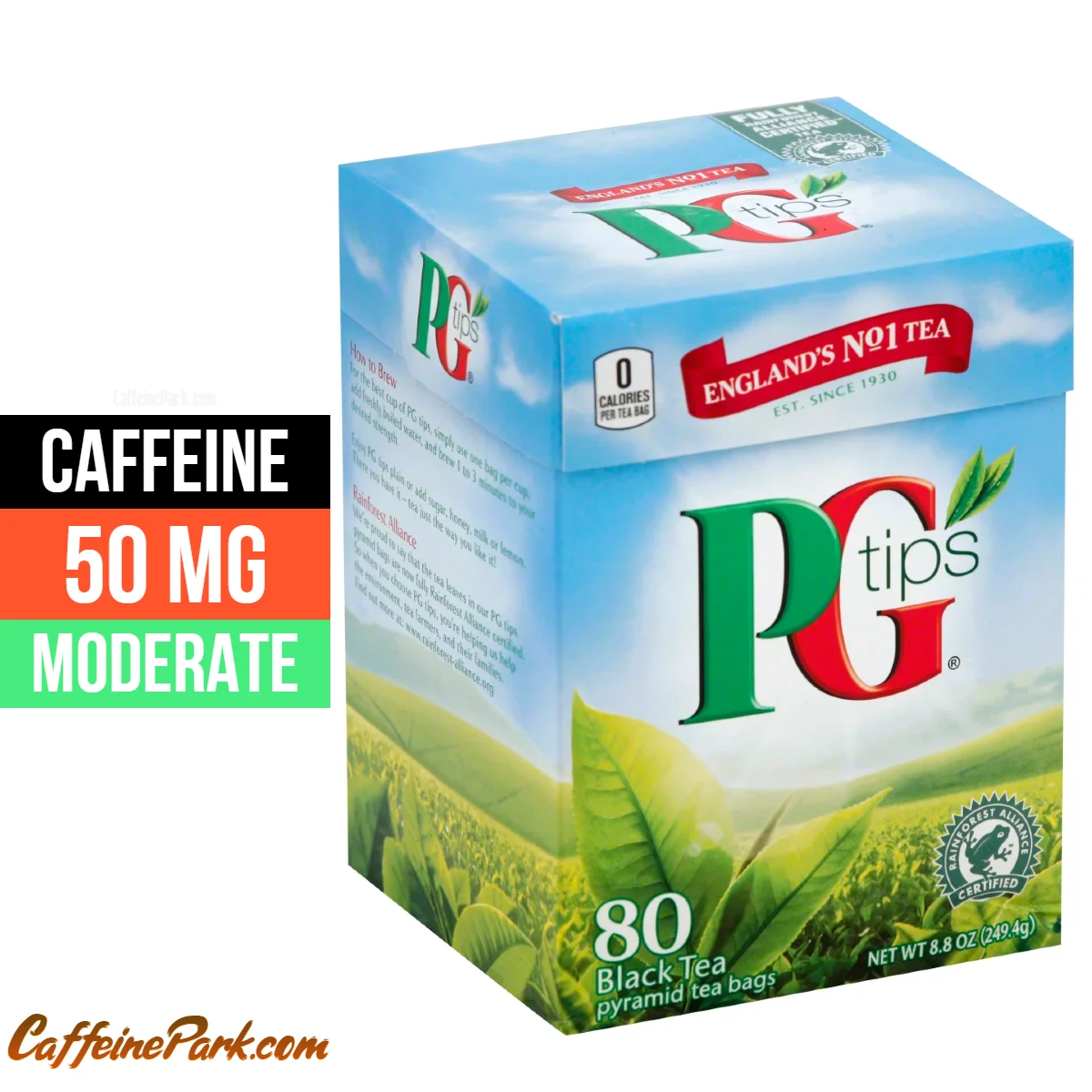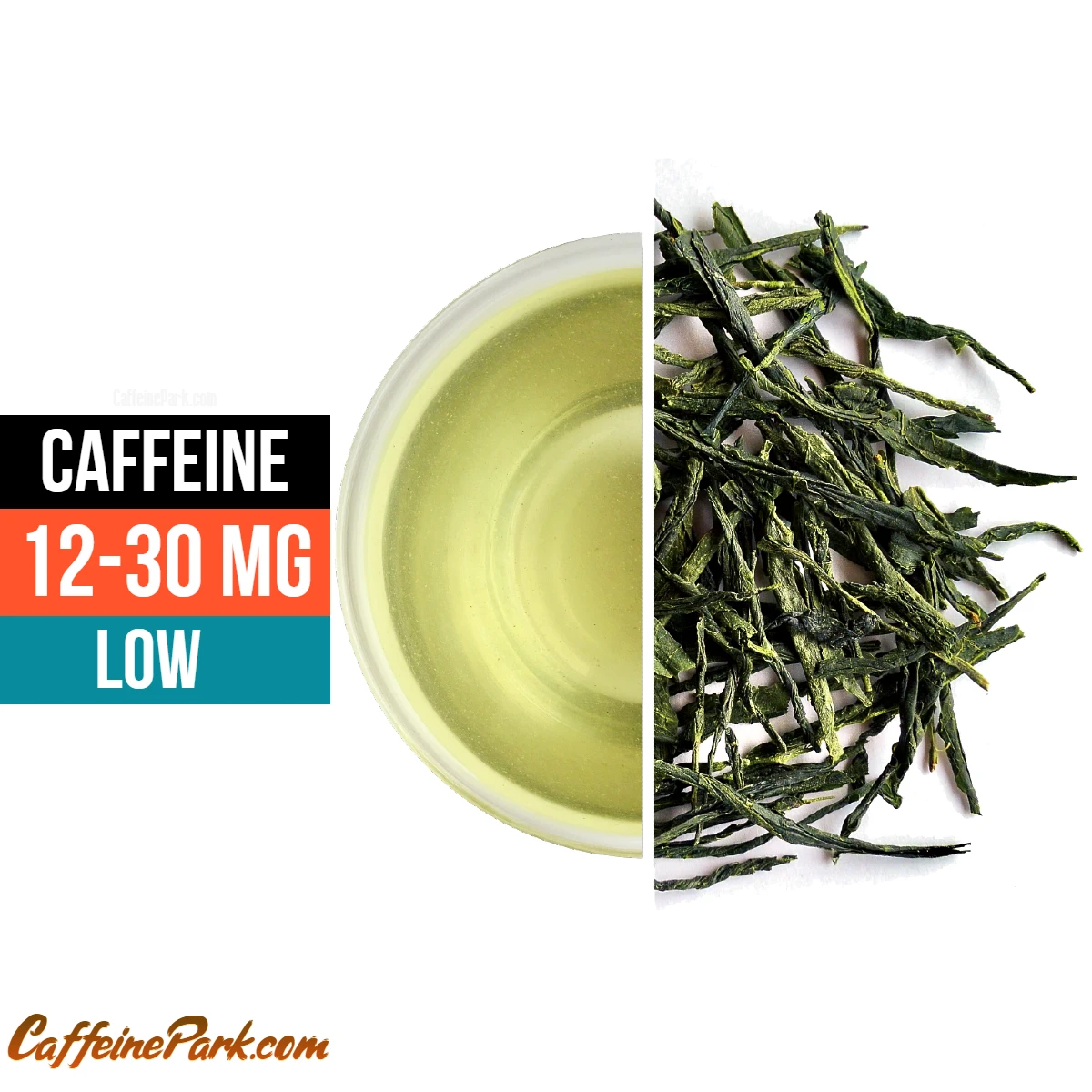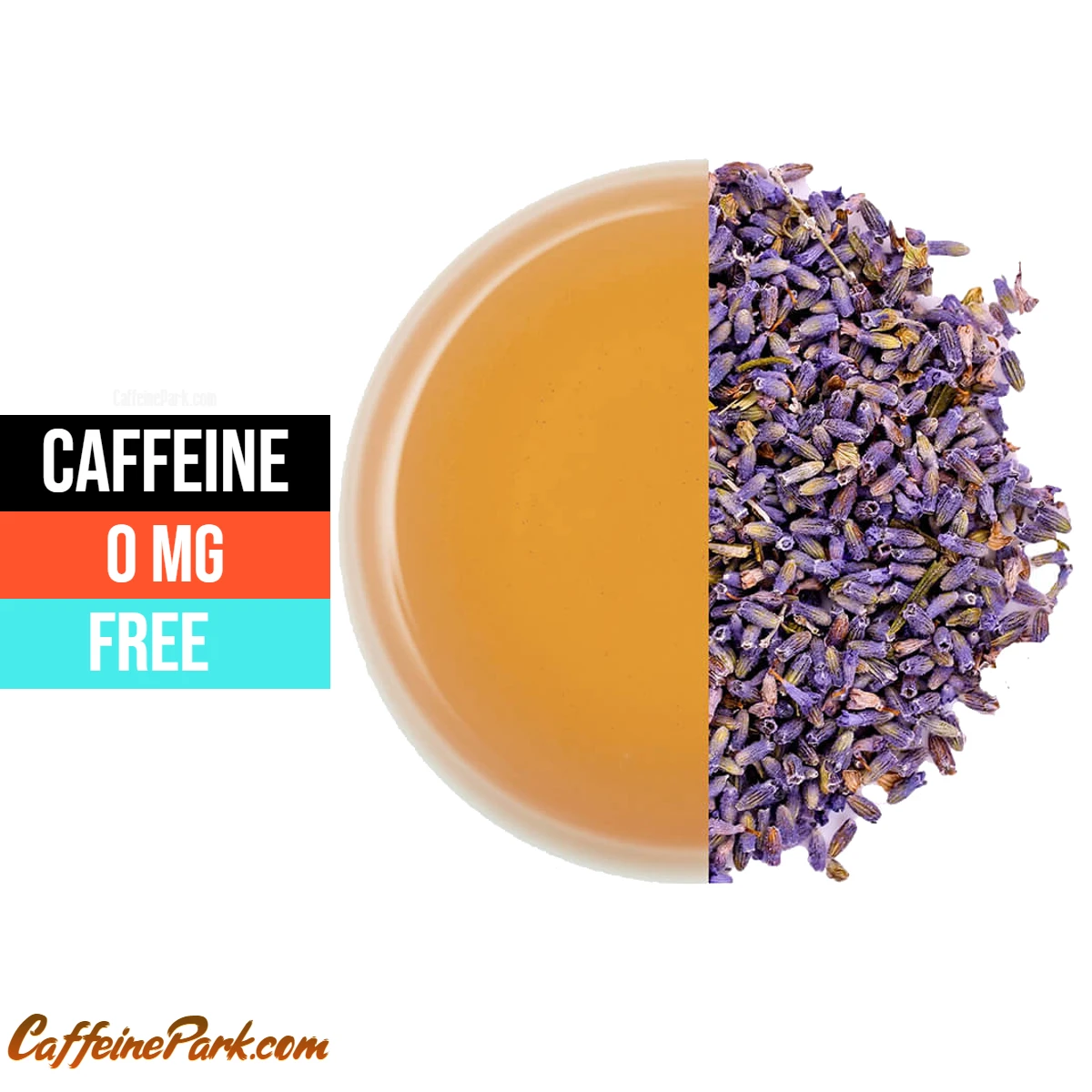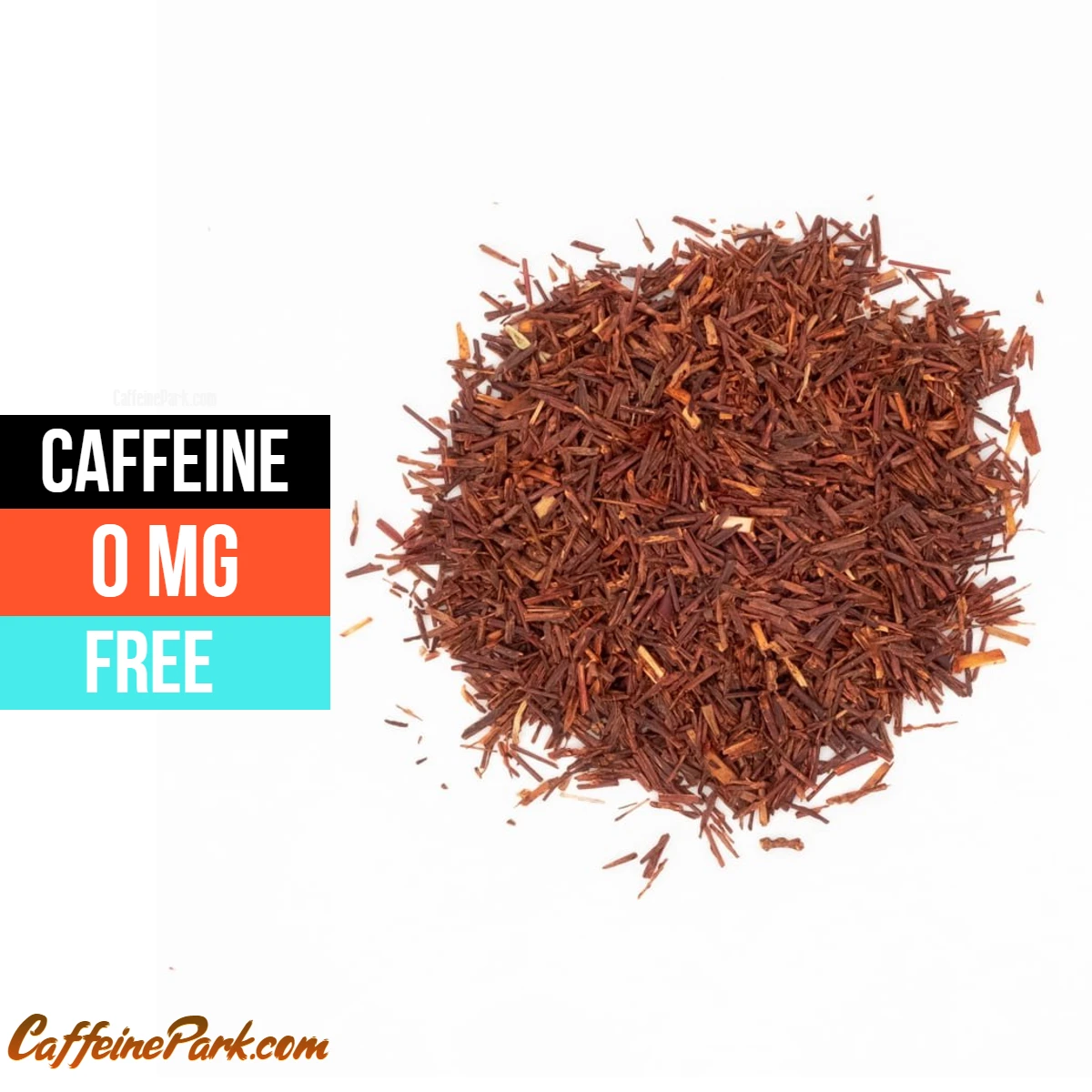
Rooibos Tea: The Caffeine-Free Herbal Tea with a Distinct Flavor and Many Health Benefits.
Rooibos tea, also known as “red bush tea,” is a type of herbal tea that is made from the leaves of the Aspalathus linearis plant, which is native to South Africa. The leaves are harvested and then fermented or oxidized to give them the distinctive reddish color that gives the tea its name. Rooibos tea is caffeine-free and has a unique, slightly sweet flavor that is often described as being similar to that of honey or caramel.
Rooibos tea is naturally caffeine-free, meaning that it does not contain any caffeine. Caffeine is a stimulant found in some plants, including the leaves of the Camellia sinensis plant, which is used to make traditional black and green teas. Rooibos tea is made from the leaves of the Aspalathus linearis plant, which does not contain caffeine. This makes it a great alternative for those who are sensitive to caffeine or want to avoid it, such as pregnant women, children, and people with certain medical conditions.
Additionally, Rooibos tea is a great choice for those who want to enjoy the benefits of tea without the jitteriness or difficulty sleeping that can sometimes be caused by caffeine. Some people who are sensitive to caffeine may experience symptoms such as anxiety, restlessness, and insomnia. If you are one of them, Rooibos tea can be a good choice as it won’t affect your sleep and also can have a calming effect on the body.
It is also worth noting that while Rooibos tea is naturally caffeine-free, some manufacturers may add caffeine to their rooibos tea blends, so it is always recommended to check the label before purchasing or consuming.
Does Rooibos tea have caffeine?
No, Rooibos Tea is naturally caffeine-free because its plant does not contain any caffeine.
| Serving size | Caffeine Amount | Caffeine strength |
|---|---|---|
| 8 fl oz cup | 0 mg | CAFFEINE-FREE |
How much Caffeine is in Rooibos tea?
- Caffeine Amount: 0 mg
- Caffeine strength: Caffeine-Free
- Calories: 0
- Serving size: 8 fl oz cup
rooibos can be blended with other types of tea that do not contain caffeine. So, be sure you choose a tea that is made solely from Rooibos leaves. A variety of other caffeine-free tea options include:
- Chamomile tea
- Peppermint tea
- Hibiscus tea
- Ginger tea
- Ashwagandha tea
If you’re interested in having a caffeine hit, you can choose from these caffeinated tea options:
- Black tea: 47mg per 8 fl oz
- Oolong tea: 37mg per 8 fl oz
- Green tea: 30mg to 50mg per 8 fl oz
- White tea: 28mg per 8 fl oz
Benefits of Rooibos Tea
The potential benefits of Rooibos Tea can help keep your body healthy. Studies show that rooibos reduces stress and helps lower cholesterol levels. Rooibos Tea also contains antioxidants that may protect against heart disease.
- May help to support your immune system: It contains polyphenols, which can help protect against colds and flu.
- May be beneficial for bones: Rooibos Tea has been shown to increase Osteoblast Activity which could contribute to overall Bone Strength & Growth.
- May improve heart health: Fermented rooibos tea, in particular, was found to improve the lipid profiles of adults involved in a scientific study. Reducing cholesterol levels in this way could potentially help to reduce the risk factors associated with cardiovascular disease in later life.
Review
.Rooibos tea is a delicious and healthy alternative to traditional black tea or coffee. Its unique, slightly sweet flavor and caffeine-free nature make it a great choice for those looking for a relaxing, soothing drink. With a wide range of health benefits, from reducing the risk of heart disease to improving digestion and sleep, rooibos tea is a great addition to any diet. So, next time you’re looking for a new tea to try, consider giving rooibos tea a chance.
History
Rooibos tea has a long history of use in South Africa, where it is believed to have been first used by the Khoisan people for medicinal purposes. The leaves of the Aspalathus linearis plant, which is used to make rooibos tea, are believed to have been used by the Khoisan people to treat a variety of ailments, including stomach cramps and diarrhea. The use of rooibos tea spread to the wider population in South Africa in the early 20th century, and it began to be exported to other countries in the 1930s.
During World War II, with the shortage of tea from Asia, Rooibos became more popular and the industry began to grow. Rooibos tea became a commercial product in the 1930s, and by the 1960s, it had become one of South Africa’s top export products. The popularity of rooibos tea continued to grow in the following decades, and it is now enjoyed by people all over the world.
Rooibos tea has been traditionally used to treat digestive issues, skin conditions, and allergies, and it is also believed to help ease symptoms of irritable bowel syndrome (IBS). The tea is caffeine-free and has a unique, slightly sweet flavor that is often described as being similar to that of honey or caramel. With a wide range of health benefits, from reducing the risk of heart disease to improving digestion and sleep, rooibos tea is a great addition to any diet.
Taste
Rooibos tea has a unique, slightly sweet flavor that is often described as being similar to that of honey or caramel. The taste is also slightly nutty, and earthy and has a distinct aroma. Some variations of rooibos tea may have a more robust or intense flavor depending on how they were processed, aged, or blended with other ingredients. Overall, the taste of rooibos tea is smooth, mellow, and comforting. It can be enjoyed on its own or with a splash of milk or honey for added sweetness. Some people also like to add a slice of lemon or mint to enhance the flavor. Rooibos tea can also be enjoyed iced and can be paired with a variety of flavors like fruits, spices, and herbs, to make a refreshing and healthy summer beverage.
How to Brew Rooibos Tea
To brew rooibos tea, use boiling water (around 200-212 °F) and let it steep for 5-7 minutes. You can also add honey, lemon, or mint to enhance the flavor.
Rooibos tea can also be enjoyed iced and can be paired with a variety of flavors like fruits, spices, and herbs, to make a refreshing and healthy summer beverage.
Packaging and Available Variations
Rooibos tea is typically packaged in tea bags or loose-leaf form. The loose-leaf form is considered to be the best quality, and it allows for a better infusion of the tea leaves, resulting in a more flavorful and aromatic tea. Rooibos tea can also be found in a variety of different forms, including as a concentrate, powder, or in a tea bag.
There are also different variations available that are made by blending rooibos with other ingredients to create unique flavors and aromas. Some popular variations include:
- Vanilla rooibos: This variation is made by blending rooibos with vanilla beans, giving it a sweet and creamy flavor.
- Chai rooibos: This variation is made by blending rooibos with traditional chai spices such as cinnamon, cardamom, and ginger, giving it a warm and spicy flavor.
- Honeybush: This is a variation of rooibos, which has a sweeter, honey-like taste and aroma.
- Green Rooibos: Unlike traditional Rooibos that is fermented, green Rooibos is not fermented and has a more delicate flavor and a yellowish color.
- Flavored Rooibos: There are many different flavors that can be added to Rooibos such as fruits, mint, and chocolate.
Rooibos tea is also available in organic and fair trade options, which are produced using sustainable farming practices and support the welfare of farmers and workers.
Ingredients and Nutrition
Rooibos tea is made from the leaves of the Aspalathus linearis plant, which is native to South Africa. It does not contain any added ingredients. The nutritional value of rooibos tea is relatively low, as it contains minimal amounts of calories, protein, and fat. However, it does contain a number of beneficial compounds, including:
- Antioxidants: Rooibos tea is rich in antioxidants, including aspalathin and nothofagin, which help to protect the body against damage from free radicals.
- Minerals: Rooibos tea contains small amounts of minerals such as iron, zinc, and copper, which are important for overall health.
- Polyphenols: Rooibos tea contains polyphenols, which are a type of antioxidant that has been shown to have anti-inflammatory, anticancer, and anti-aging properties.
- Flavonoids: Rooibos contains flavonoids, which can help to reduce the risk of heart disease, and cancer and improve overall health.
It is worth noting that while Rooibos tea is naturally caffeine-free, and can be consumed by anyone, it is always recommended to consult a healthcare professional before making any changes to your diet, especially if you have any health conditions or are pregnant or breastfeeding.
In summary, Rooibos tea is a caffeine-free, herbal tea that is rich in antioxidants and contains small amounts of minerals and other beneficial compounds. It is a low-calorie beverage with minimal amounts of protein and fat and has a distinct, slightly sweet flavor. Due to its nutritional properties and health benefits, it can be a great addition to any diet.
Comparison to other
Rooibos tea can be compared to other types of tea and herbal infusions in several ways:
- Caffeine content: Rooibos tea is caffeine-free, making it a great alternative for those who are sensitive to caffeine or want to avoid it. In contrast, black tea and green tea contain caffeine and may cause jitteriness or trouble sleeping for some people.
- Flavor and aroma: Rooibos tea has a unique, slightly sweet flavor that is often described as being similar to that of honey or caramel, while black and green teas have a more earthy, vegetal flavor. Herbal infusions such as chamomile or mint have different flavor profiles and aromas.
- Nutritional value: Rooibos tea is rich in antioxidants and contains small amounts of minerals and other beneficial compounds. Black and green teas also contain antioxidants, and some of them have similar nutritional properties, however, they are different. Herbal infusions, depending on the herb, can have different nutritional values.
- Health benefits: Rooibos tea is believed to have several health benefits, including reducing the risk of heart disease and cancer, as well as helping to improve digestion and sleep. Black and green teas also have been linked with health benefits such as reducing the risk of cancer and heart disease and improving cognitive function. Herbal infusions can have different health benefits depending on the herb used.
- Production: Rooibos tea is only produced in South Africa, while black and green teas are produced in many countries around the world. Herbal infusions can be made with different herbs from different regions.
In summary, Rooibos tea is a unique, caffeine-free herbal tea that has a distinct flavor, aroma, and nutritional value. It can be a great alternative to traditional black and green teas, and it also has a different flavor profile than herbal infusions. However, it is always recommended to consult a healthcare professional before making any changes to your diet, especially if you have any health conditions or are pregnant or breastfeeding.
Customer Reviews
Rooibos tea generally receives positive reviews from customers who appreciate its unique flavor and the fact that it is caffeine-free. Many people find the taste of rooibos tea to be smooth, mellow, and comforting. Many people say that they enjoy the unique taste of rooibos tea, which is often described as being slightly sweet and nutty with a hint of caramel.
Many customers also appreciate the health benefits of rooibos tea, particularly its high antioxidant content and its ability to promote relaxation and improve sleep. Some people also use rooibos tea to help with digestion and other stomach related issues.
Rooibos tea is also popular among people who are looking for a caffeine-free alternative to traditional black tea or coffee. Some customers also enjoy the variations of rooibos tea that are made by blending it with other ingredients to create unique flavors and aromas, such as vanilla, chai, and honeybush.
Customers also appreciate the organic and fair trade options of Rooibos tea, which are produced using sustainable farming practices and support the welfare of farmers and workers.
In summary, Rooibos tea generally receives positive reviews from customers who appreciate its unique flavor, health benefits, and caffeine-free nature. Many customers also enjoy the variations of rooibos tea and appreciate organic and fair trade options.
Pros and Cons
Rooibos tea has a number of pros and cons that you might want to consider before deciding whether or not to include it in your diet:
Pros
- Caffeine-free: Rooibos tea is naturally caffeine-free, making it a great alternative for those who are sensitive to caffeine or want to avoid it.
- Unique flavor: Rooibos tea has a unique, slightly sweet flavor that is often described as being similar to that of honey or caramel, which many people find appealing.
- Health benefits: Rooibos tea is believed to have several health benefits, including reducing the risk of heart disease and cancer, as well as helping to improve digestion and sleep.
- Variations: Rooibos tea can be blended with other ingredients to create unique flavors and aromas, such as vanilla, chai, and honeybush.
- Organic and fair trade options: Rooibos tea is available in organic and fair trade options, which are produced using sustainable farming practices and support the welfare of farmers and workers.
Cons
- Limited availability: Rooibos tea is primarily produced in South Africa, making it less widely available in other parts of the world.
- Not suitable for everyone: Rooibos tea is not suitable for everyone, and its consumption should be avoided by individuals with specific health conditions or allergies.
- Cost: Some variations of rooibos tea can be more expensive than traditional teas.
- Limited nutritional value: While Rooibos tea has some beneficial compounds, it has a relatively low nutritional value, and it should not be considered a replacement for a healthy diet.
- Flavor: Some people may not like the unique flavor of Rooibos tea, or may find it too sweet.
In summary, Rooibos tea is a caffeine-free herbal tea that has a unique flavor, many health benefits, and variations, and is available in organic and fair trade options. However, it is not suitable for everyone, and its consumption should be avoided by individuals with specific health conditions or allergies. It is also limited in availability and can be more expensive than traditional teas. And its nutritional value is relatively low.
FAQs
Rooibos tea is naturally caffeine-free. The plant from which Rooibos tea is derived, Aspalathus linearis, does not contain any caffeine. This makes Rooibos tea an ideal choice for individuals who want to avoid caffeine or are sensitive to its effects.
Absolutely! Rooibos tea is a great option for those who are looking to reduce their caffeine intake. Since it is naturally caffeine-free, you can enjoy Rooibos tea without worrying about the stimulating effects of caffeine. It’s a perfect alternative to traditional caffeinated beverages.
Yes, Rooibos tea is a safe choice for an evening drink. Since it doesn’t contain any caffeine, it won’t interfere with your sleep patterns or keep you awake. In fact, many people find Rooibos tea to be a calming and soothing beverage to enjoy before bed.
While Rooibos tea lacks caffeine, it still offers a delicious and distinct flavor. Rooibos tea has a naturally sweet and slightly nutty taste, often described as smooth and earthy. Many people appreciate its unique flavor profile, making it a popular choice even for those who are not specifically seeking a caffeine-free beverage.
Rooibos tea is known for its potential health benefits. It contains a variety of antioxidants, such as astaxanthin and nothofagin, which may have anti-inflammatory and immune-boosting properties. Rooibos tea is also rich in minerals like calcium, magnesium, and potassium, which contribute to overall well-being. However, it’s important to note that individual results may vary, and it’s always best to consult with a healthcare professional for personalized advice.
Rooibos tea is generally considered safe for consumption during pregnancy and while breastfeeding. Since it is caffeine-free and contains no tannins, it is a popular choice among pregnant and breastfeeding women. However, it’s recommended to consult with your healthcare provider for personalized guidance based on your specific situation.
Absolutely! Rooibos tea serves as an excellent base for creating unique blends. You can experiment with adding other herbs, fruits, or spices to enhance its flavor. Popular additions include lemon, honey, vanilla, and various herbal infusions. Get creative and discover your own delicious combinations!
Rooibos tea is widely available and can be found in many grocery stores, specialty tea shops, and online retailers. It comes in different forms, including loose leaf, tea bags, and ready-to-drink bottled versions. Look for reputable brands and sources to ensure the quality and authenticity of the Rooibos tea you choose to purchase.
Is Rooibos tea good for weight loss?
Rooibos tea may help with weight loss by boosting metabolism. However, it should be consumed in addition to a healthy diet and regular exercise to see results.
Can Rooibos tea be consumed by pregnant or breastfeeding women?
Rooibos tea is generally considered safe for pregnant and breastfeeding women, as it is caffeine-free and contains minimal amounts of calories, protein, and fat. However, it is always recommended to consult a healthcare professional before making any changes to your diet, especially during pregnancy or breastfeeding.
Can Rooibos tea be consumed by children?
Rooibos tea is generally considered safe for children, as it is caffeine-free and contains minimal amounts of calories, protein, and fat. However, it is always recommended to consult a healthcare professional before giving any new food or beverage to a child.
Can Rooibos tea be consumed by people with diabetes?
Rooibos tea is generally considered safe for people with diabetes, as it is caffeine-free and contains minimal amounts of calories, protein, and fat. However, it is always recommended to consult a healthcare professional before making any changes to your diet, especially if you have diabetes.
How long should Rooibos tea be steeped?
Rooibos tea should be steeped for 5-7 minutes in boiling water (around 200-212 °F) to extract the full flavor and aroma.
Read More:
